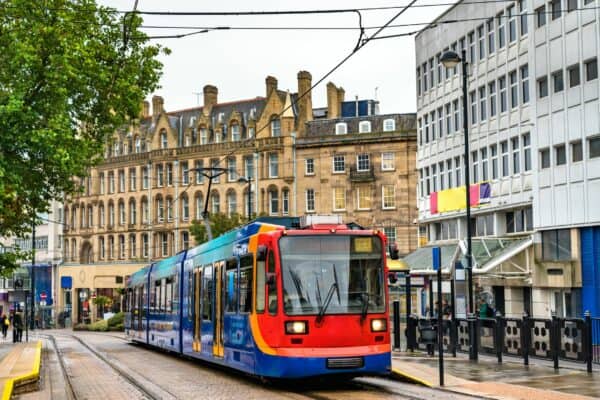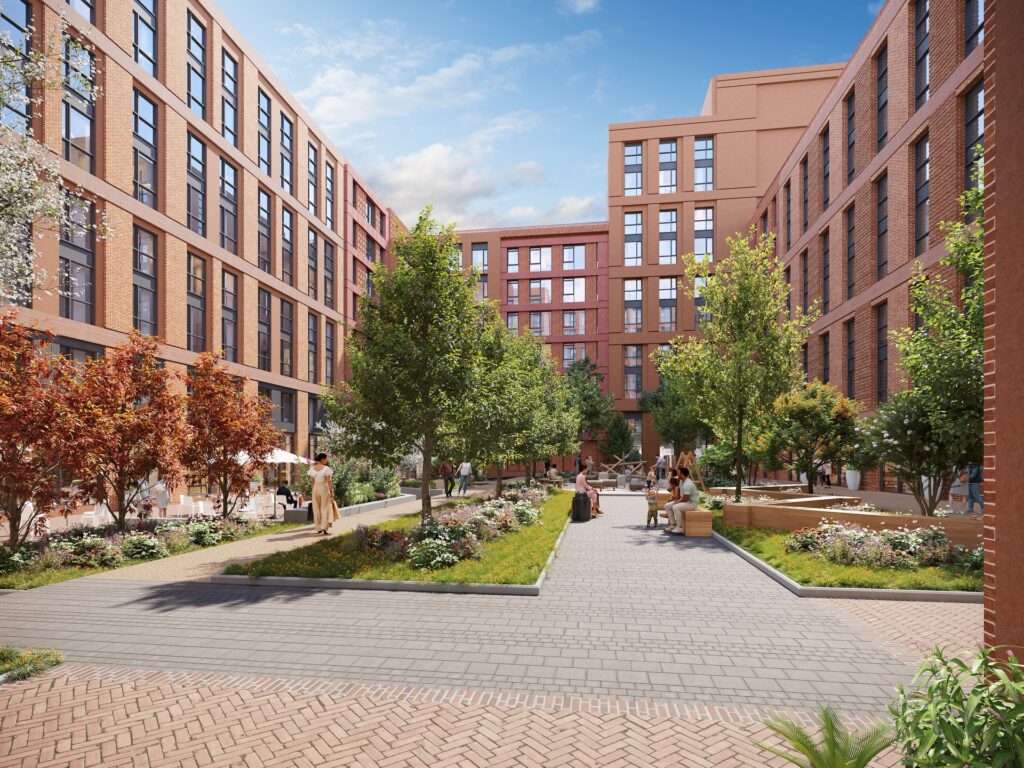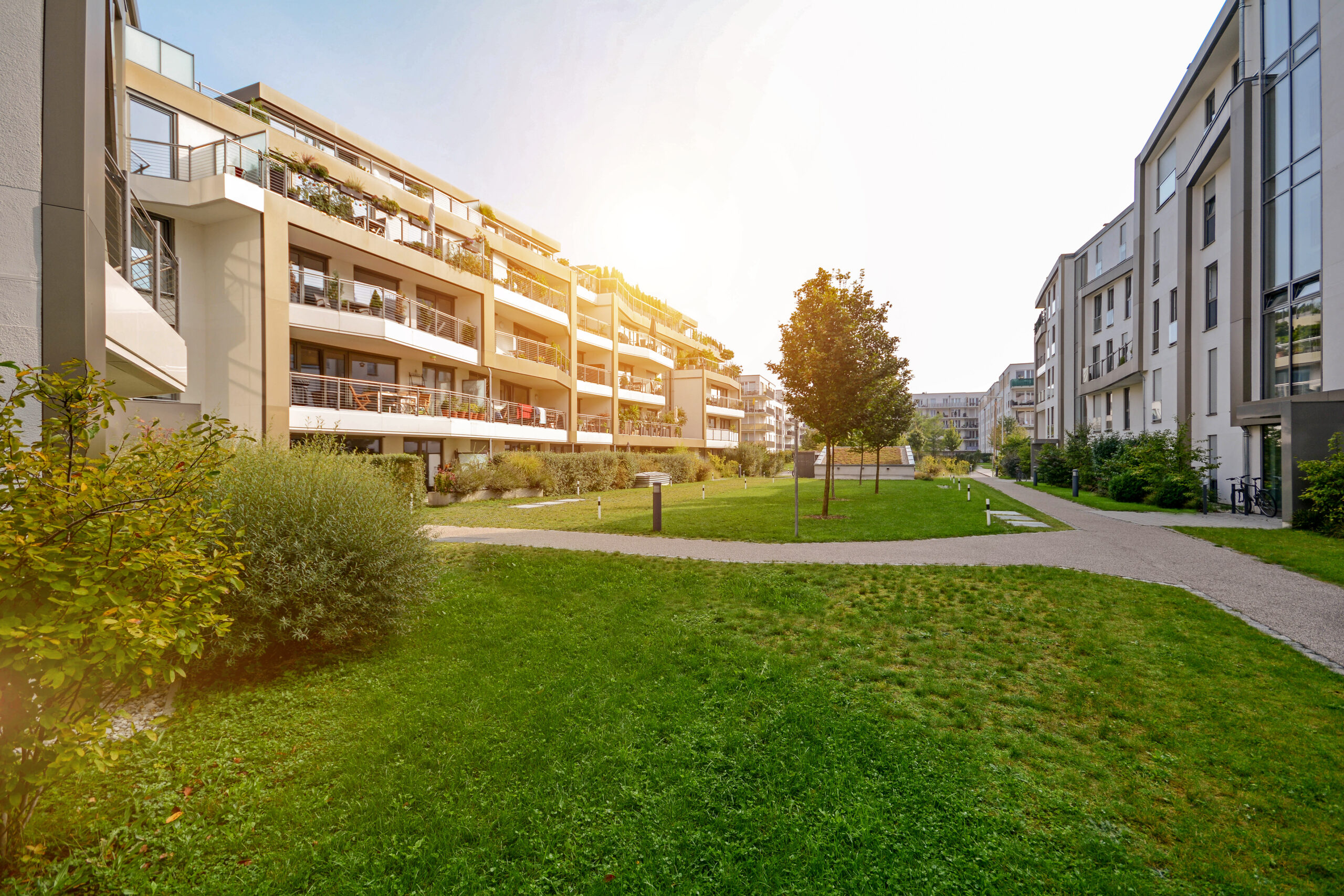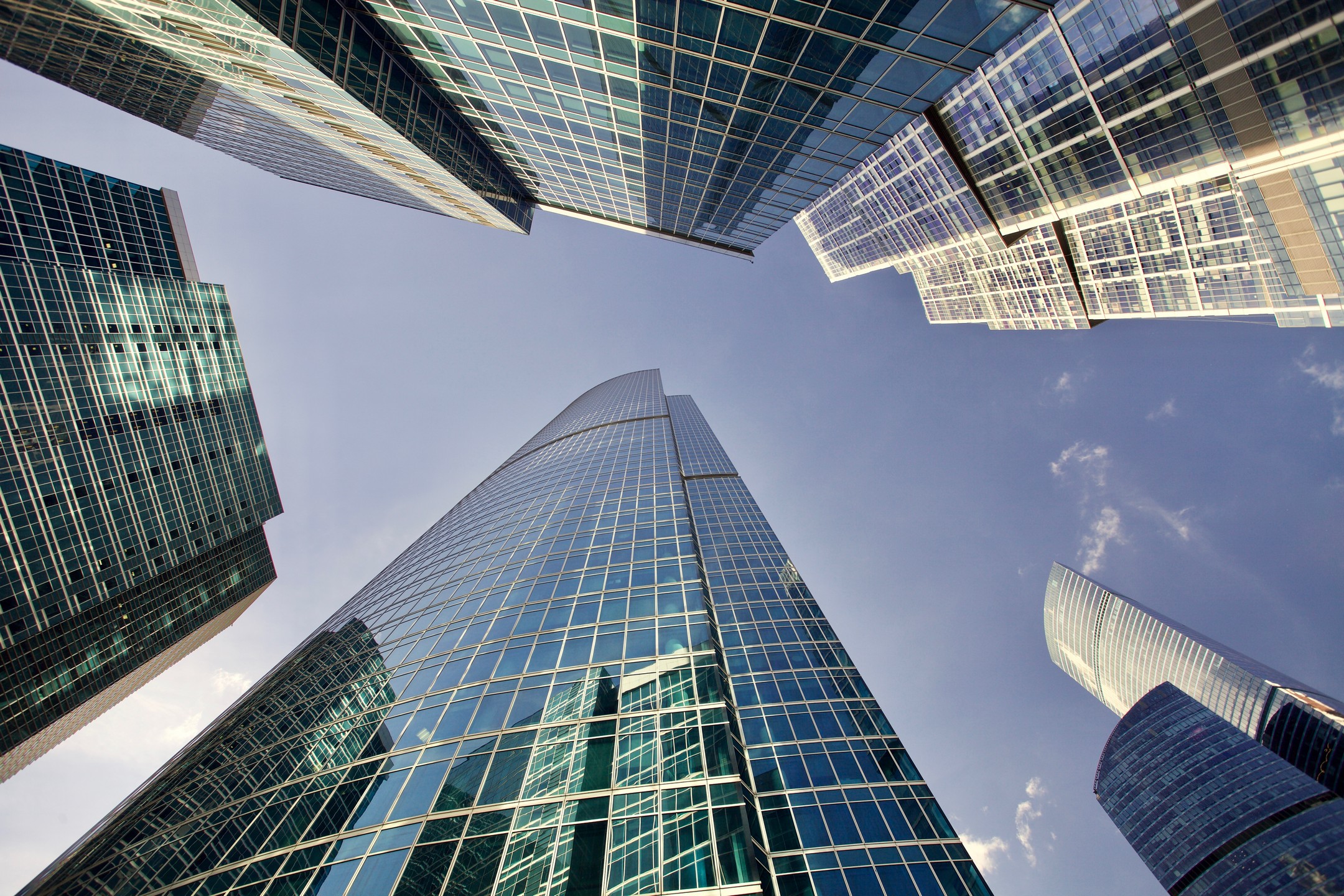The future of Sheffield is looking very positive, a desirable location for buy-to-let investment with a huge demand for student rental property.
Regeneration and Development: Sheffield has been undergoing significant regeneration efforts in recent years, with redevelopment projects focused on improving infrastructure, revitalising neighbourhoods, and attracting investments. This includes projects such as the Heart of the City II scheme. The primary objective of the Heart of the City II scheme is to enhance Sheffield’s city centre by delivering new retail, leisure, office, and residential spaces. The project aims to attract new businesses, create job opportunities, improve the overall quality of the built environment, and make the city centre a more attractive destination for residents, visitors, and businesses. The Heart of the City II scheme is being implemented in multiple phases, with various developments planned for different areas within the city centre. The project focuses on key sites such as Charter Square, the former Grosvenor House Hotel site, and the area surrounding the Leah’s Yard building. Continued regeneration efforts can contribute to the city’s economic growth, job creation, and improved quality of life for residents.
Education and Innovation: Sheffield is home to two prominent universities, the University of Sheffield and Sheffield Hallam University, which contribute to the city’s reputation as a centre for education and research. The universities’ focus on innovation, technology, and entrepreneurship can foster the growth of knowledge-based industries and attract talent to the city. Sheffield’s future may see an increased emphasis on research, innovation, and collaboration between academia and businesses. Sheffield Hallam University has a reputation for its strong industry connections and focus on employability. The university may continue to strengthen its relationships with employers, providing students with opportunities for internships, work placements, and real-world experience. SHU may also develop new partnerships and initiatives to address the changing needs of the job market and ensure graduates are well-prepared for their careers.
Economic Diversification: Historically known for its industrial heritage, Sheffield has been diversifying its economy, moving away from heavy manufacturing toward sectors such as advanced manufacturing, digital technology, healthcare, and creative industries. This diversification can help create a more resilient and balanced economy, attracting investment and providing opportunities for employment and entrepreneurship in emerging sectors. Sheffield has a thriving healthcare sector, with world-class hospitals, research facilities, and medical technology companies. The city is actively promoting collaborations between academia, industry, and healthcare providers to drive innovation and economic growth in areas such as medical research, pharmaceuticals, digital health, and healthcare technologies.
Sustainability and Green Initiatives: Like many cities, Sheffield is placing a greater emphasis on sustainability and environmental initiatives. The city has committed to becoming carbon-neutral by 2030 and is implementing measures to reduce emissions, promote renewable energy, and improve air quality. The future of Sheffield is likely to involve further investment in green infrastructure, sustainable transport options, and initiatives to enhance the city’s environmental credentials. Sheffield has been investing in renewable energy infrastructure. The city hosts several wind farms, including the largest onshore wind farm in the UK, situated in the nearby Penistone area. Sheffield also supports solar energy installations, and there are initiatives to encourage residential and commercial properties to adopt renewable energy technologies. These green initiatives demonstrate Sheffield’s commitment to environmental stewardship and creating a sustainable future. By implementing measures to reduce carbon emissions, promote renewable energy, enhance sustainable transportation, and raise awareness about environmental issues, Sheffield is taking significant steps toward becoming a greener and more environmentally conscious city.
Cultural and Creative Scene: Sheffield has a vibrant cultural and creative scene, with a thriving music, arts, and entertainment industry. This aspect is likely to continue shaping the future of Sheffield, attracting visitors, promoting cultural diversity, and contributing to the city’s identity and vibrancy. The city’s commitment to nurturing creativity, supporting local artists, and providing platforms for expression has helped create a dynamic and inclusive cultural environment in Sheffield.
Connectivity and Transport: Sheffield’s transport infrastructure, including its rail connections and proximity to major motorways, plays a crucial role in the city’s future development. Continued investment in transport infrastructure and improvements to connectivity, such as the potential expansion of high-speed rail (HS2) and enhanced local transport networks, can enhance Sheffield’s accessibility and attractiveness as a place to live, work, and invest.
It’s important to note that the future of Sheffield will be influenced by various external factors, including national and global economic trends, political decisions, technological advancements, and societal changes. Nonetheless, with ongoing regeneration efforts, a strong educational foundation, and a commitment to sustainability, Sheffield is well-positioned to continue its transformation into a dynamic and prosperous city.
Call 0207 856 0392 or email info@365invest.co.uk to book a free, no obligation consultation with our property specialist.










